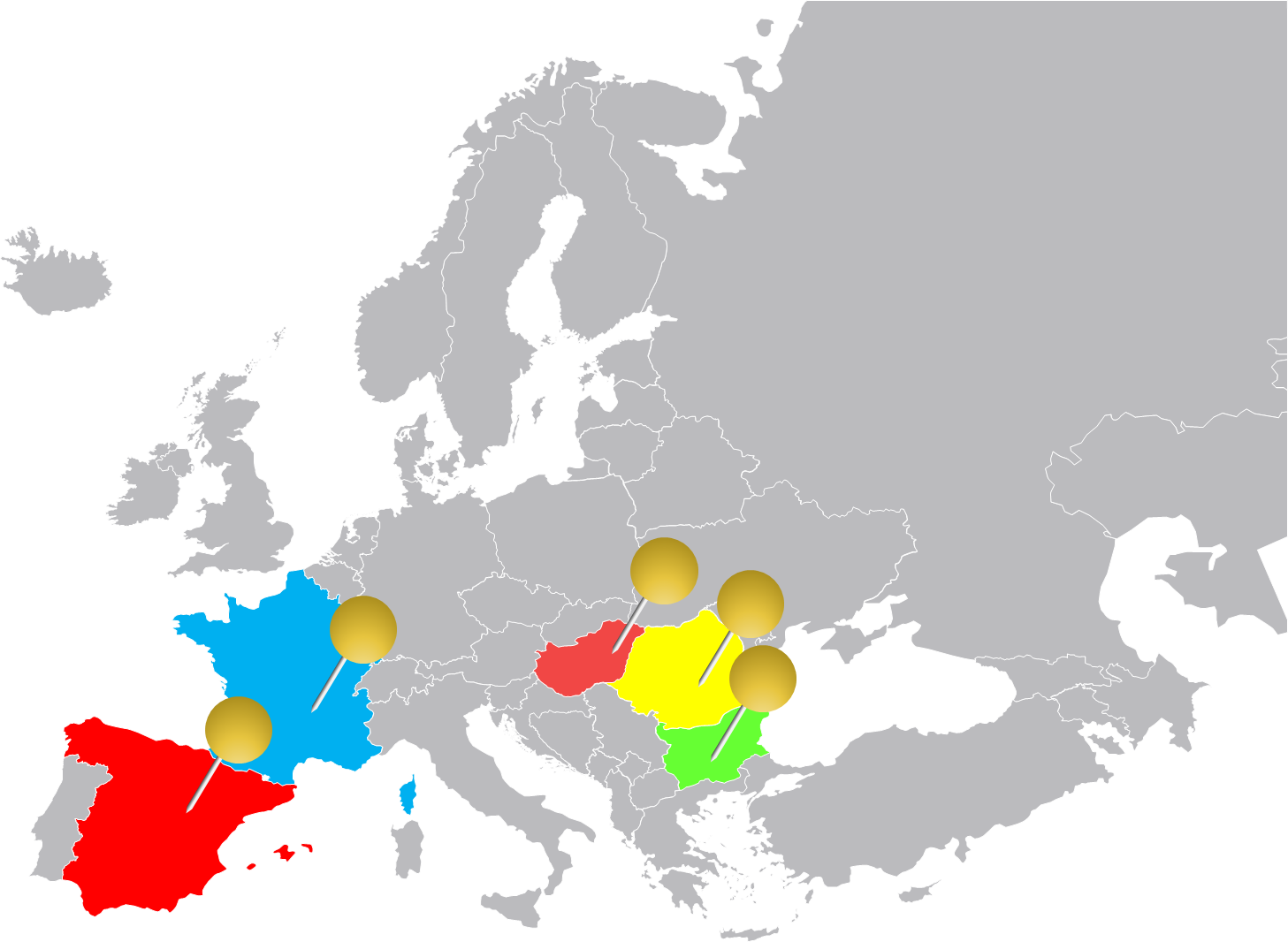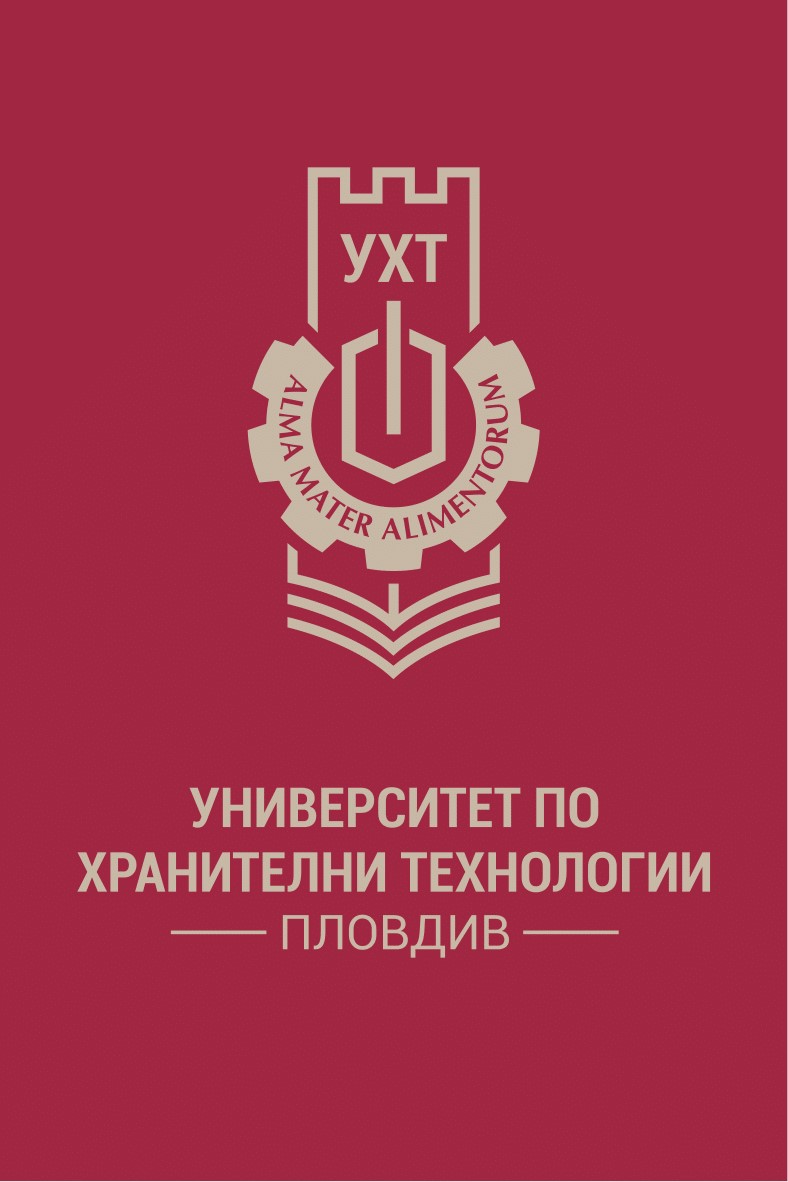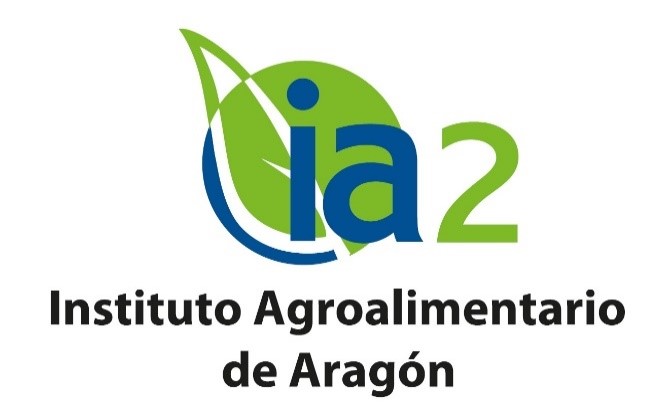PROJECT CONSORTIUM
The E-Food consortium consists of 5 partners from 5 European countries - Bulgaria, Spain, France, Romania and Hungary. The consortium comprises organizations with high expertise on the technical and scientific fields relevant to the objectives of E-Food.

UNIVERSITY OF FOOD TECHNOLOGIES – PLOVDIV, BULGARIA

The University of Food Technologies (UFT), Plovdiv is a prestigious national education and science center for food science, technology and engineering. It provides internationally acknowledged training which complies with all the requirements of the Public Education Act in the Republic of Bulgaria. The university offers programs in the areas of food industry, biotechnology, food service, tourism, industrial management, heat engineering, mechanical and instrument engineering, machines, apparatus and equipment for the food industry and biotechnology, computer systems and technologies, automation, information and control. The main campus covers an area of 17,000 square meters. Classes are held at four buildings. There is a central library, which features over 150,000 volumes of specialized educational and scientific literature. Accommodation is offered in the five student hostels with a total of 1500 beds. The highly qualified research scientists solve theoretical and practical problems in the field of food science and technology, biotechnology, economics and tourism. The scientific research sector of the UFT consists of a central research laboratory with sections for chemical, physical, physicochemical and microbiological analysis and a pilot plant for biotechnological production. The University collaborates with a large number of foreign academic institutions and actively participates in various international and national educational and research programs and in the development of national projects funded by the Scientific Researches Fund (SRF). More than 50 projects in the field of food science, technology and biotechnology have been developed and finalized over the last 10 years. The University of Food Technologies is an active participant in projects funded by different European programs.
UNIVERSITY OF ZARAGOZA-AGRI-FOOD INSTITUTE OF ARAGÓN (IA2), SPAIN


Zaragoza University (UNIZAR) is a European research and higher education institution currently hosting more than 30,000 students. According to the Academic Ranking of World Universities (QS index), UNIZAR is 10th out of 77 Spanish universities. UNIZAR is also ranked, within the 500 best world universities, and, according to the latest Shanghai Ranking, UNIZAR is the 51th best world university in Food Science and Technology. Belonging to Ebro Valley Campus, which is honored with the title of International Campus of Excellence, UNIZAR hosts 226 research groups, supported by 16 research services and 10 research institutes, including IA2 (Agrifood Research Institute of Aragón). IA2 is a university research structure with mixed funding (UNIZAR-CITA). Its main goal is to promote the aggregation of collaborative efforts and interaction among prestigious researchers who jointly decide to implement a series of multidisciplinary research projects on a more ambitious and global scope, thereby achieving a mark of distinction on a national and international level. IA2’s strategy is twofold: 1) the deployment of research activities at the highest standard, and 2) the transfer of technology and research results to the agrifood sector, striving to resolve concrete problems that emerge in different areas of society. IA2’s activities are organized into four departments: Production of raw material of vegetable origin, Production of raw material of animal origin, Food science and technology and Agrifood and natural resource economics. The institute is composed of 40 research groups and more than 300 researchers. Among them, and related to the tasks in the proposal, there are different experts on food biochemistry, food microbiology, food technology, food safety, and food nutrition; specific research laboratories; and a well-equipped Pilot Plant of Food Science and Technology.
The research group involved in the project belongs to the Department of Food Science and Technology at the AgriFood Research Institute of Aragón (IA2). Its main expertise is the development of new processing and preservation technologies to obtain safe and stable foods, and particularly, the study of their kinetics and mechanism of microbial inactivation and the development of more efficient combined processes based on the use of natural antimicrobials. The group has a vast expertise in national and European funding projects, counting with the participation in more than 50 projects for the last 25 years and more than 150 international research papers.
UNIVERSITY “LUCIAN BLAGA” SIBIU, ROMANIA
 University Lucian Blaga of Sibiu (ULBS), is one of the oldest Romanian universities, with a 220-year tradition. The development of higher education in Sibiu provides applicants and students with the chance to choose from one of the various study programs offered by the nine faculties of ULBS: Faculty of Economics, Faculty of Engineering, Faculty of Sciences, Faculty of Agricultural Sciences Food Industry and Environmental Protection (ASFIEP), Faculty of Medicine, Faculty of Law, Faculty of Letters and Arts, Faculty of Theology and Faculty of Socio - Human Sciences. Currently, the educational offer of the University Lucian Blaga of Sibiu consists of diverse, study programs, and the university’s open mindedness toward novelty and study programs required by the labor market are appreciated and demanded by our applicants, students and graduates. Approximately 13.000 students study each year at ULBS, enrolled in various forms of higher education (71 undergraduate study programs and 60 graduate study programs), with the valuable contribution of over 600 of the teaching staff.
University Lucian Blaga of Sibiu (ULBS), is one of the oldest Romanian universities, with a 220-year tradition. The development of higher education in Sibiu provides applicants and students with the chance to choose from one of the various study programs offered by the nine faculties of ULBS: Faculty of Economics, Faculty of Engineering, Faculty of Sciences, Faculty of Agricultural Sciences Food Industry and Environmental Protection (ASFIEP), Faculty of Medicine, Faculty of Law, Faculty of Letters and Arts, Faculty of Theology and Faculty of Socio - Human Sciences. Currently, the educational offer of the University Lucian Blaga of Sibiu consists of diverse, study programs, and the university’s open mindedness toward novelty and study programs required by the labor market are appreciated and demanded by our applicants, students and graduates. Approximately 13.000 students study each year at ULBS, enrolled in various forms of higher education (71 undergraduate study programs and 60 graduate study programs), with the valuable contribution of over 600 of the teaching staff.
The key objective of ULBS is to carry out a competitive educational process, meeting the standards of the EU, which grants our graduates international academic and professional recognition. The university promotes unique specializations in the Romanian academic environment, and the high trust degree recommends the ULBS as being a powerful institution, involved in improving the quality of the higher educational process. ULBS has established academic links and partnership agreements with eighty-five universities in thirty-five countries, most of them in Europe, but in South and North America, in Asia and Africa, too, which materialized in student exchange programs, fact-finding data trips for academics as well as a precious cooperation which has kept the University tuned in to what happens in the world.
We have over 50 business partnerships through which all participants in the educational process (students, teachers and staff) have access, can make internships and find employment opportunities at national and international companies. ULBS has always been a center for knowledge dissemination, enlightenment and shaping consciences. ULBS is aware that belongs to an elite community and, ever since its foundation it has always prophesied and practiced its major guiding principles: liberal thinking, independence, autonomy, acting as a creative force and a source of culture.
To adapt to the online education, in the pandemic period a multidisciplinary team of professors from ULBS started developing TeachOn, a collaborative platform inviting participants to share their efforts to find solutions for the online or blended education: what applications to use, when and for what purpose, what methods can be approached, how the evaluation should be done, what are the limits in concrete situations, etc.
Research activity at ULBS is realized in 24 research centers. Two important research centers at ULBS is the Research Centre in Biotechnology and Food Engineering (RCBFE) and Advance Center for Information Processing Architectures (ACAPS) where the activities related with the project will be organized.
UNIVERSITY LYON 1 CLAUDE BERNARD

The Claude Bernard Lyon 1 University is a multidisciplinary university providing teaching for more than 47,000 students every year in the fields of hard sciences, technology, health, sport and teaching professions. More than 10% are foreign students from 140 countries. About 10,000 students graduate each year and almost 80% of students enrolled on courses leading to professional qualifications.
Created by decree at the end of December 1970, the University Lyon 1 Claude Bernard (Lyon 1) established, over the years, different sites in many geographical locations, developed research laboratories and saw its student population grow. The Lyon 1 campuses have been recently enriched by the addition of important innovation sites (e.g. Axel’One Campus platform in 2018).
With a constantly increasing number of students, Lyon 1 University developed internal resources in order to respond to the European objectives of inclusive universities. Lyon 1 pays attention to its training and teaching methods, setting up new teaching platforms and numerous innovative educational projects, including personalized supports for staff and students with special needs.
Other major figures: 11 sites, 15 Faculties, 9 University Libraries, more than 1,000 courses preparing students for a wide range of professions, about 4,600 staff of which more than 2,800 teaching staff and faculty members.
Thanks to research covering a broad disciplinary spectrum, our University releases almost 5,600 internationally published articles and maintain its position as the second French university in terms of the number of patents filed. At international level, Lyon 1 University is included in all the top international rankings, confirming its excellence and the university’s appeal, in terms of both research and educational programs..
At present, Lyon 1 University is committed in many research projects and involved in 15 ongoing Erasmus+ projects (Students and Staff Mobility, Strategic Partnership, Capacity Building on Higher Education Institution). In addition, Lyon 1 is partner of the European University Alliance ARQUS, since 2019. This University Alliance brings together the universities of Bergen, Granada, Graz, Leipzig, Lyon, Padova and Vilnius, with the aim to achieve a high level of integration in its members’ policies and action plans, in order to contribute to a multicultural, multilingual and inclusive Europe and improve the joint research capacity of the partner Universities.
UNIVERSITY OF DEBRECEN

University of Debrecen (UD) is a university of national excellence and it ranks among the top higher education institutions in the country and among the top 500 universities in the world. The teaching staff of more than 1700 provides quality education in 14 faculties and 24 doctoral schools, offering the widest choice of majors in the country. The university is historically rooted in the Reformed College of Debrecen (founded in 1538), whose three academic sections later served as the basis for the establishment of the Hungarian Royal University of Sciences, created in 1912. With this heritage of more than 470 years, the UD is the oldest institution of higher education still based in the same city in continuous operation in Hungary. The student population of the university is 30 000, and there is a significant international community of students (5000 students coming from 102 countries).The UD provides its graduates with a theoretical, practical background and labor-market oriented knowledge far above the national average by involving them in practical work through partnerships with local and national companies. Priority areas of research, such as molecular science; physical, computational and material science; molecular medicine; medical, health, nutrition and functional food development, environmental and agricultural science; linguistics, culture and bioethics, are focus areas selected for their multidisciplinary approach. These focus areas aim to provide answers to the socio-economic scientific challenges emerging in the Human-Health-Environment areas in anticipation of demographic and global changes. An intellectual center with outstanding Research and Development capacity, the university plays an increasingly decisive role in the economic, social and cultural evolution of the region. As the first winner of the Gold Rank of national higher education quality award, the university is striving to serve the demands of a science-based economy and society the most effective way. The mission of UD is accomplished collectively by the academic and non-academic staffs, so that together with students is fully committed to quality and equal opportunity, cooperating with national and international partners.
The UD offers the widest range of Ph.D. programs in the country. Our 25 doctoral schools cover natural sciences, arts, agricultural, nutrition-food, medical, engineering and social sciences, awarding PhD degrees to approximately 150 students every year. Research groups operate with academic staff, researchers, students and entrepreneur communities within and/or outside the UD.
Research at the UD makes a real difference to individuals, organizations and the whole of society-economy by advancing scientific and theoretical knowledge, and working to share and implement its outcomes.